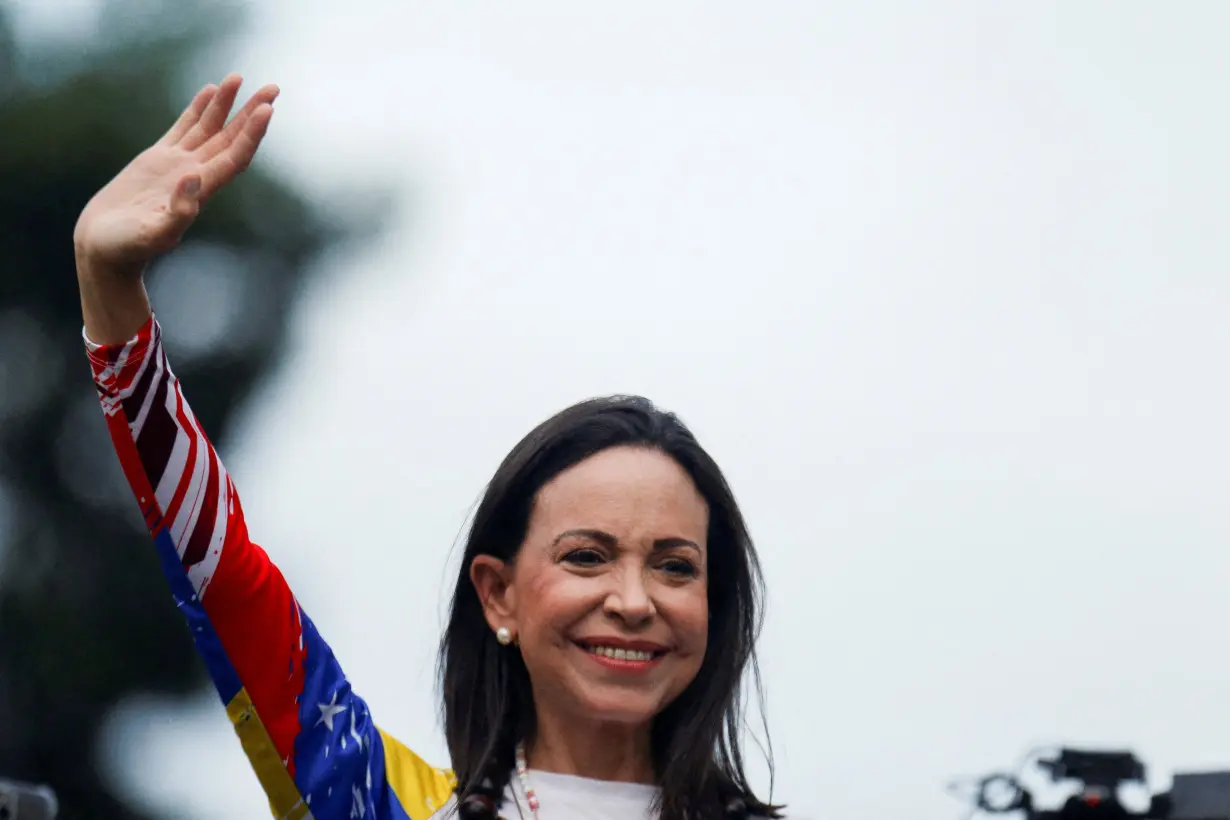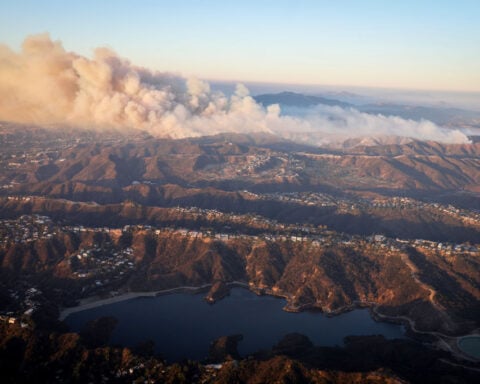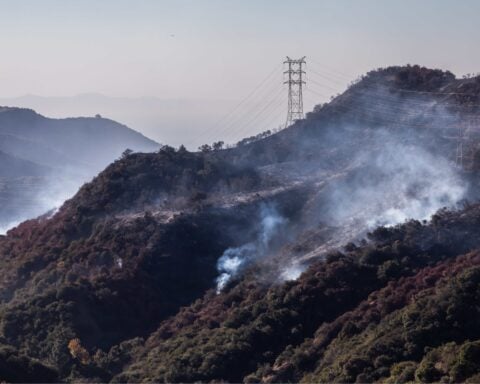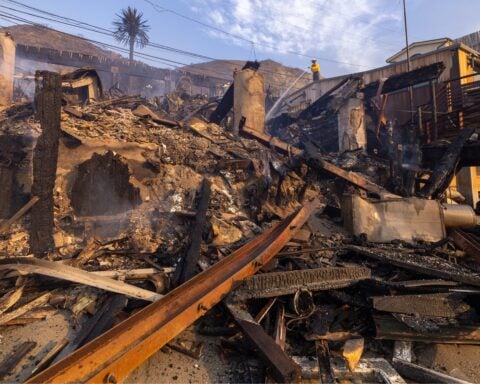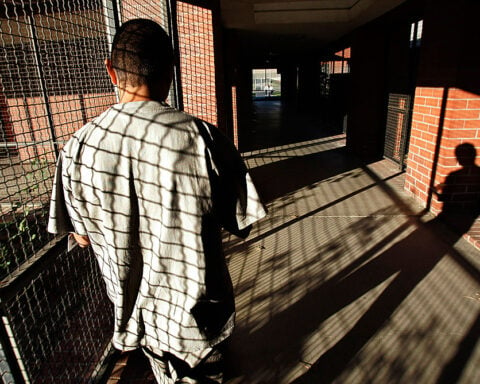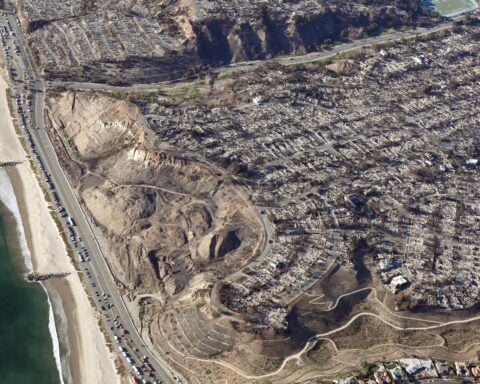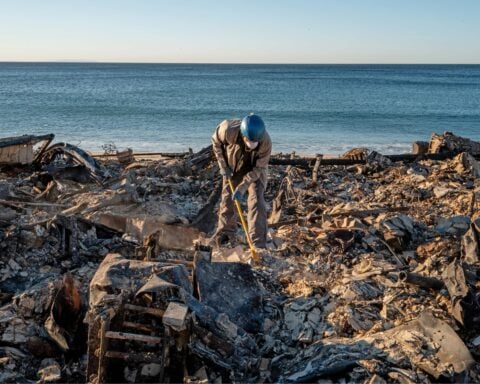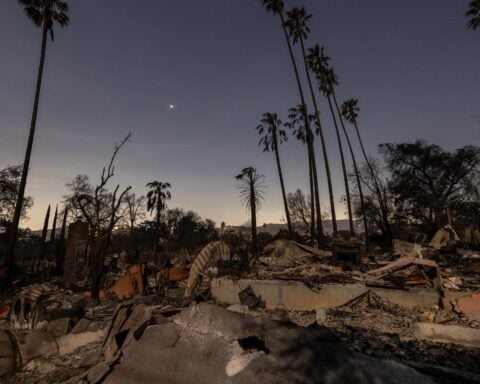By Deisy Buitrago, Mayela Armas and Tathiana Ortiz
CARACAS/SAN CRISTOBAL (Reuters) -Venezuelan opposition leader Maria Corina Machado and her coalition's candidate Edmundo Gonzalez have commanded enthusiastic crowds during their campaign to unseat President Nicolas Maduro and end 25 years of ruling party dominance.
But uncertainty remains about how Sunday's election will play out, with Maduro – whose 2018 reelection is considered fraudulent by the United States, among others - sounding a confident note and opposition figures and analysts warning of possible underhandedness.
Gonzalez has attracted significant support, even from former supporters of the ruling party, but the opposition and some observers have questioned whether the vote will be fair, saying decisions by electoral authorities and the arrests of some opposition campaign staff are meant to create obstacles.
Gonzalez and Machado have urged voters to cast ballots early and hold "vigils" at polling stations until they close. They have said they expect the military to uphold the results of the vote.
Venezuela's military has long supported Maduro and his predecessor, the late Hugo Chavez. Defense Minister General Vladimir Padrino has said the armed forces will respect the outcome of Sunday's election.
Maduro, who has been in power since 2013 and is seeking his third six-year term, has said the country has the world's most transparent electoral system and has warned of a "bloodbath" if he were to lose, comments rejected by his Latin American counterparts.
Maduro's government has presided over an economic collapse, the migration of about a third of the population, and sharply deteriorated diplomatic relations, crowned by sanctions imposed by the United States, European Union and others which have crippled an already struggling oil industry.
Members of the nearly 8 million-strong Venezuelan diaspora say they found it difficult to register to vote. Fewer than 68,000 look set to be able to cast ballots.
Some have opted to return home to participate.
Bus companies in western Tachira state, along the border with Colombia, said they had seen an uptick of 40% in ticket sales in the last 10 days.
"We want to come home, but to a free Venezuela, thriving and prosperous," said Maritza Quemba, a 64-year-old seamstress who has lived in Bogota for five years and returned to San Cristobal to cast her ballot.
She plans to move back to Venezuela in a year if the opposition win, she said.
"I came to vote for Edmundo. I believe in him and Maria Corina," said Dani Pernia, 32, who crossed Peru, Ecuador and Colombia by bus from Chile so he could vote in San Cristobal. "I'm ready to put my faith on Sunday in the option that means change."
More than 95% of 30,000 ballot boxes nationwide have been set up, an official from the National Electoral Council said on social media platform X.
Panamanian President Jose Raul Mulino said on Friday several former Latin American presidents en route to observe the election had not been allowed to travel, including Panama's Mireya Moscoso and Mexico's Vicente Fox, because Venezuela's airspace was closed, which was later denied by the Venezuelan government.
Meanwhile, the United States said it was prepared to calibrate its Venezuela sanctions policy depending on what happens on Sunday.
Gonzalez, 74, is known for his calm demeanor and his promises that change could bring home many migrants.
He inherited the opposition mantle from Machado, 56, after a ban on her holding public office was upheld by the country's top court. Machado won a resounding victory in the opposition primary last year, but has toured the country on Gonzalez's behalf.
Maduro, a 61-year-old former bus driver and foreign minister, whose face will appear on the ballot for 13 parties, says he will guarantee peace and economic growth that will make Venezuela less dependent on oil income.
Public spending has grown only slightly during the campaign, analysts say, a change from past campaigns when spending was generous.
Maduro says he has opened 70 public works projects, but many have been renovations of already existing schools, hospitals and roads, according to events broadcast on state television.
Thousands of people came on hundreds of buses to Maduro's closing rally in central Caracas on Thursday evening, including many public sector employees.
Unlike many of the people around her, retired teacher Noris Rojas, 70, was not wearing a crisp new Maduro T-shirt.
Instead she held a worn, homemade poster of Chavez, featuring a quote from the late president: "No one said this would be easy."
"Maduro is a man who has shown spiritual strength and has been loyal to Chavez's project," she said. "There are weaknesses but he must win."
Venezuela's attorney general this week denied participating in political persecution or holding political prisoners and said the elections should be peaceful.
Results could be published Sunday night or in the following days. Polls will be open between 6 a.m. to 6 p.m. local time on Sunday.
(Reporting by Mayela Armas, Deisy Buitrago, Vivian Sequera and Julia Symmes Cobb in Caracas and Tathiana Ortiz in San Cristobal; Editing by Diane Craft, Daniel Wallis and Rosalba O'Brien)

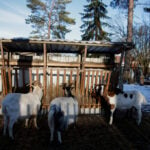 Germany sees meat exports to EU continuing after foot-and-mouth case
Germany sees meat exports to EU continuing after foot-and-mouth case
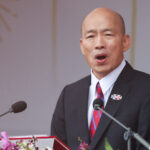 Parliament speaker to lead Taiwan delegation to Trump's inauguration
Parliament speaker to lead Taiwan delegation to Trump's inauguration
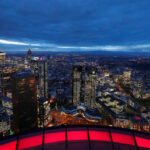 German economy contracted 0.2% in 2024
German economy contracted 0.2% in 2024
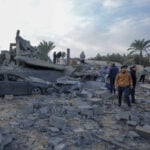 Middle East latest: Palestinian prime minister says Palestinian Authority should run Gaza in future
Middle East latest: Palestinian prime minister says Palestinian Authority should run Gaza in future
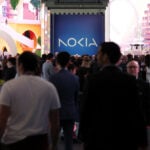 Nokia signs multi-year patent license agreement with Samsung
Nokia signs multi-year patent license agreement with Samsung
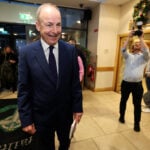 Irish parties secure 'comfortable majority' for new government
Irish parties secure 'comfortable majority' for new government
 Bayern Munich signs US youngster Bajung Darboe from LAFC
Bayern Munich signs US youngster Bajung Darboe from LAFC
 Novak Djokovic breaks a tie with Roger Federer for the most Grand Slam matches in tennis history
Novak Djokovic breaks a tie with Roger Federer for the most Grand Slam matches in tennis history
 China's RedNote: what you need to know about the app TikTok users are flocking to
China's RedNote: what you need to know about the app TikTok users are flocking to
